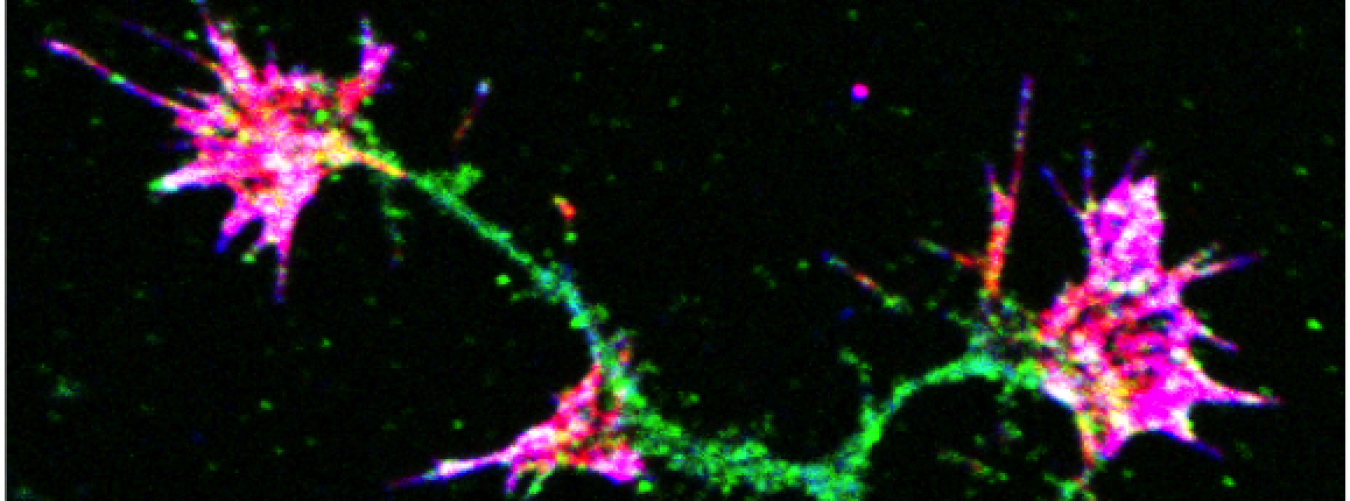Professor talks to Polish hospitals about importance of copper in restricting spread of infection
Posted by lesleytaunton | January 15, 2018 3:10 pm
Professor Bill Keevil, Director of the Environmental Healthcare Unit in Biological Sciences, has given a keynote lecture on ‘Breaking the Chain of Infection’ at the ‘Safe Hospital for the Future’ Gala awards event in Warsaw, Poland.

The event was attended by senior members of the Polish medical community, including the Polish Deputy Minister of Health, Marek Tombarkiewicz and the Director of the WHO Office in Poland, Dr. Paulina Karwowska.
The full title of the talk was ‘Breaking the Chain of Infection: Worldwide Studies of Antimicrobial Copper Efficacy for Touch Surfaces’.


It was based on important research carried out by Professor Keevil’s team which showed how copper alloy surfaces kill antimicrobial resistant superbug bacteria, viruses (including influenza and norovirus) and fungi.
These bacteria/viruses can survive on non-copper surfaces for weeks or months but when they land on copper surfaces (through touch, coughs and sneezes) they release copper ions which rapidly inhibit bacterial respiration and attack bacteria and virus walls. The copper ions also destroy genome and plasmid nucleic acids, meaning there is no chance of mutation which could result in new superbugs.
The work resulted in the introduction of copper alloy touch surfaces in hospitals worldwide and a 58 per cent reduction in infection rates. These surfaces have also been introduced in other areas such as public transport. Bill is on the Management Team of the University’s Network for Antimicrobial Resistance and Infection Prevention (NAMRIP) which recognises that prevention is better than cure, particularly when there is no cure or cures have failed.
You can find more of the research and the worldwide use of copper alloy touch surfaces below:
https://www.antimicrobialcopper.org/uk/news

